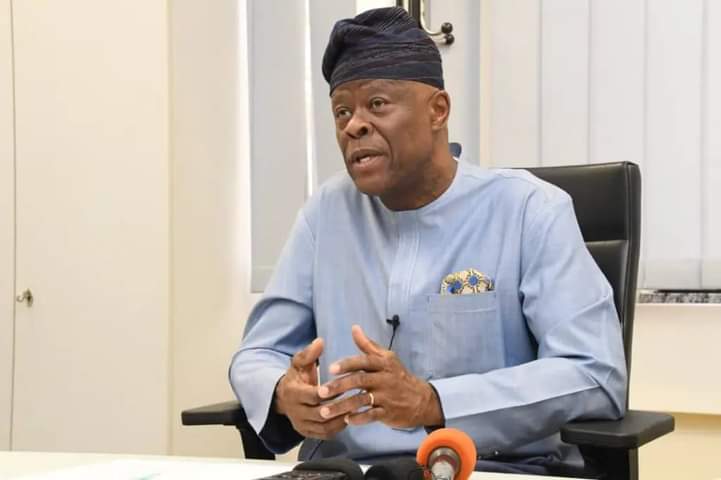
In a landmark move aimed at accelerating entrepreneurship and investment in Nigeria, the federal government has partnered with Japan to launch a naira-denominated venture capital fund targeted at high-growth startups.
The initiative, now formally approved by the Japanese government, is structured to provide long-term concessional financing while insulating startups from the volatility of foreign exchange rates—a key hurdle in Nigeria’s business landscape.
The framework for the fund was finalised during a recent high-level discussions in Abuja, where Mr. Wale Edun, Honourable Minister of Finance and Coordinating Minister of the Economy, hosted representatives from the Nigeria Sovereign Investment Authority (NSIA) and the Japan International Cooperation Agency (JICA). With this development, both nations are set to deepen bilateral investment ties and unlock a new channel of startup financing that directly supports Nigeria’s youth-driven innovation economy.
At the heart of this initiative is a dual strategy: cushioning startups from FX exposure and providing “first-loss” capital to catalyse private sector participation.
Mr. Edun positioned the initiative within the broader economic vision of the current administration, linking it to President Bola Tinubu’s Renewed Hope Agenda. According to him, the fund addresses critical financing gaps in the capital structure of Nigerian startups—from equity funding to debt—and aligns with the government’s ambition to foster inclusive and sustainable economic growth.
“This fund is a timely response to Nigeria’s youthful population and the need to provide scalable financial solutions for innovation-driven enterprises,” Mr. Edun stated.
Mr. Aminu Umar-Sadiq, NSIA CEO, emphasised the fund’s risk-mitigation framework, explaining that the provision of grant or first-loss capital serves as a critical lever to de-risk investment flows, making the startup ecosystem more attractive to institutional and private investors.
“This is not just a proposed solution—it is a fully approved, ready-to-launch initiative with JICA’s support,” he noted, highlighting the fund’s immediate operational readiness.
From Japan’s side, Mr. Takao Shimokawa, Director-General at JICA, confirmed that diplomatic agreements would be signed in the coming weeks, with full rollout expected shortly thereafter. He described the collaboration as “a model for future-oriented international partnerships that combine financial innovation with social impact.”
Strengthening Nigeria–Japan Economic Ties
This venture capital fund builds on a growing partnership between Nigeria and Japan. In October 2024, Japan donated ¥1.75 billion to the Nigeria Centre for Disease Control (NCDC) to boost diagnostic capabilities—a gesture that reinforced Japan’s commitment to Nigeria’s development in healthcare, infrastructure, and economic resilience.
According to Mr. Stanley Nkwocha, Senior Special Assistant to the President on Media & Communications, the new initiative reflects Nigeria’s intent to deepen economic ties with Japan, not just in technology and health, but across sectors with high growth and developmental impact.
“This partnership creates new avenues for strategic investments that promote innovation and long-term economic transformation,” he said.
A De-risked Pathway into Nigeria’s Startup Ecosystem
For investors, this naira-denominated venture capital initiative presents a novel entry point into Nigeria’s rapidly expanding innovation sector—without the typical exposure to currency depreciation. The structure, backed by sovereign and multilateral institutions, ensures stability, transparency, and alignment with national development goals.
As diplomatic and regulatory frameworks align, the fund is poised to unlock private capital, catalyze new startup formations, and stimulate cross-border investment flows between Asia and Africa. With implementation imminent, this initiative signals a new era of intentional, de-risked venture funding in Africa’s largest economy.
Discover more from Astudity Limited
Subscribe to get the latest posts sent to your email.